Vitamin C for Migraines
Headaches are one of the most common medical complaints, with most people experiencing at least one headache in their lifetime. There are a variety of different types of headaches, and they can be classified based on their frequency and symptoms (1). For example, tension headaches are the most common type of headache, and they are often caused by muscle tension or stress. Migraine headaches are less common, but they tend to be more severe, with symptoms that can include nausea and visual disturbances. Cluster headaches are a type of migraine that only affects a small number of people and start quickly and end quickly. (2)
Blog Contents
While headaches can often be prevented with lifestyle changes or over-the-counter medication, some types of headaches may require more aggressive treatment. For example, high blood pressure can cause headaches, and evidence suggests that regular exercise can help to prevent them. If you experience frequent or severe headaches, it is important to talk to your doctor to rule out any underlying medical conditions. (3)
What Does A Headache Feel Like
Headaches are often described as a throbbing or pulsing sensation in the head, and they can be accompanied by a variety of other symptoms, including nausea, vomiting, light sensitivity, and noise intolerance. While most headaches are not indicative of a serious underlying condition, some can be a sign of something more serious, such as a brain tumour or aneurysm. If you experience any of the following symptoms along with your headache, it is important to seek medical attention immediately: (4)
- Severe pain that is not alleviated by over-the-counter medications
- A headache that is accompanied by a fever, stiff neck, or rash
- A headache that gets worse over time or wakes you up from sleep
- Vision changes, such as blurred vision or blind spots
- Difficulty speaking or understanding speech
- Paralysis or weakness in any part of the body
- Loss of consciousness
What Is A Migraine?
A migraine is considered a primary headache disorder. A primary headache is one that does not have an underlying cause like high blood pressure. Migraines are characterized by recurrent episodes that can be moderate to severe in nature. Headaches typically come on gradually and last for several hours or even days. Migraines can cause a number of other symptoms, such as feeling sick, throwing up, and being sensitive to light and sound. (5)
The most common types of migraine include: (6)
- Migraine with aura
- Migraine without aura
- Chronic migraine
- Abdominal migraine
Various studies have shown that migraines are a complex neurological condition with a genetic component. The evidence suggests that migraines are caused by a combination of environmental and biological factors. Treatment for migraines generally focuses on symptom relief and avoiding triggers. Some people with migraines may also benefit from preventative supplements or medication.
Migraine Conventional Treatment
There are many different medications that can be used to treat migraines. Some are over-the-counter drugs, while others require a prescription. The type of medication that is most effective for a particular person depends on a variety of factors, including the severity and frequency of migraines, other medical conditions, and any other medications that the person is taking. Common migraine medications include: (7)
-
Ibuprofen is a non-steroidal anti-inflammatory drug (NSAID) that can help to relieve pain and inflammation
-
Aspirin, like ibuprofen, is an NSAID that can help reduce pain and inflammation. It is also available over the counter
-
Triptans are prescription drugs that work by narrowing the blood vessels around the brain. Common triptans include sumatriptan (Imitrex) and rizatriptan (Maxalt)
- Ergotamines are another type of medication that helps to narrow the blood vessels around the brain. Ergotamines are typically used when other medications have not been effective
Note: Medications can have serious side effects, and their side effects must be thoroughly reviewed with a healthcare practitioner before treatment is initiated.
Dietary Supplements for Migraines
One possible cause of migraines is a deficiency in certain vitamins and minerals. As a result, taking natural supplements and vitamins for migraines may help to relieve symptoms. It is also important to note that natural ingredients have fewer side effects compared to medications. Some of the most effective vitamins and minerals for migraines include magnesium, riboflavin (vitamin B2), and coenzyme Q10 (8). Magnesium supplements help to relax blood vessels, regulate muscle function, and reduce inflammation.
-
Magnesium deficiency is linked with tighter muscles and less effective stress response (9)
-
Riboflavin is part of the family of B vitamins and is known as a "migraine vitamin" because it has been shown to reduce the attack frequency of migraines (10)
- Coenzyme Q10 is an antioxidant that helps to protect cells from damage. It plays an important role in mitochondrial energy metabolism and it is also effective in reducing inflammation (11)
Note: For migraine prophylaxis and a significant reduction in migraine frequency, high doses of vitamin Riboflavin (50mg-100mg) are required. The use of riboflavin for migraine episodes has become well-known, even to conventional neurologists!
Botanicals for Migraines
In addition to vitamins and minerals, there are a number of other natural supplements that can help to relieve migraine symptoms. These include herbs such as ginger, feverfew, and butterbur. (12)
-
Ginger has been shown to be effective in reducing nausea and vomiting (13)
-
Feverfew has been shown to reduce the frequency and severity of migraines (14)
- Butterbur is a herb that has been shown to make migraines less frequent, less painful, and last less long (15)
While these supplements can be helpful, it is important to speak with a doctor before taking any new supplement, as they can interact with other medications.
Note: Butterbur can be considered a preventative treatment for headaches.
An Overlooked Nutritional Supplement for Migraines: Vitamin C
It all started in 1978 when a 32-year-old migraine sufferer participated in a double-blind study. He didn't know he was receiving 6g of vitamin C, but once he stopped taking the supplement, his migraines came back. Vitamin C has a long history of anecdotal use for migraines, and many studies have shown it has the potential to be effective. However, the mechanism by which it works is still not entirely understood. Some experts believe that vitamin C helps to reduce oxidative stress and inflammation, while others think it may help to stabilize blood pressure. (16)
Oxidative Stress and Migraines
Oxidative stress has been identified as a potential cause of migraines. Oxidative stress occurs when there is an imbalance between the production of reactive oxygen species (ROS) and the body's ability to detoxify or repair the damage they cause. Excessive ROS can damage cells, leading to inflammation and oxidative stress. Oxidative stress has been linked to a variety of diseases, including migraines. By getting rid of free radicals, antioxidants like vitamin E and vitamin C can help to reduce oxidative stress. N-acetyl cysteine is another antioxidant that has been shown to be effective in reducing oxidative stress and migraines.
In a recent pilot randomized controlled trial, a combination supplement of N-acetylcysteine, vitamin E, and vitamin C was administered to adult patients. The study focused on outcomes, including migraine prevention and migraine frequency. People in the treatment group reported a reduction in the average number of migraine days per month, as well as in migraine severity and duration. (17)
Vitamin C Supplementation is an Intervention with the Following Advantages:
- High safety profile
- Versatile use/ benefits
- Low cost
Supplementing with Vitamin C May Significantly Improve Migraine Headaches by the Following Means:
- Vitamin C is a scavenger for oxidation and, through that action, it can reduce neurogenic inflammation in migraine patients
- As a player in adrenal health, vitamin C may be acting on metabolic pathways that reduce the frequency of migraine headaches
Migraine headaches are often triggered by stress, lack of sleep, or changes in hormones. Adrenal fatigue is a condition that can be caused by chronic stress. It’s characterized by tiredness, difficulty concentrating, and low blood pressure. Both migraines and adrenal fatigue can be caused by the same thing: stress. When you’re stressed, your body releases cortisol, a hormone that helps you deal with the stressor (18). But if you’re constantly stressed, your body can become overloaded with cortisol. This can lead to migraines and, eventually, adrenal fatigue. Stress can also affect your metabolism. When you’re stressed, your blood sugar is likely to fluctuate. High cortisol levels and blood sugar fluctuations are linked to neurological problems. If you’re struggling with migraines or adrenal fatigue, it’s important to find ways to reduce stress in your life and regulate your blood sugar. Exercise, relaxation techniques, and therapy can all help.
Stress with Vitamin C
Vitamin C is a water-soluble vitamin and an essential nutrient that plays a vital role in adrenal health, metabolism, and blood sugar regulation. The body does not produce vitamin C, so it must be obtained through diet or supplements. Vitamin C is a powerful antioxidant that helps to protect cells from damage. It also helps to boost the immune system and promote healing. In addition, vitamin C plays a role in adrenal health by helping to regulate cortisol levels. Cortisol is a stress hormone that can become elevated during times of stress or illness. When cortisol levels are too high, it can lead to headaches, fatigue, and difficulty concentrating. Vitamin C can help to regulate cortisol levels and improve adrenal health. Additionally, vitamin C plays a role in metabolism by helping the body convert food into energy. It also helps to regulate blood sugar levels, which can be beneficial for people with diabetes or prediabetes. (19)
The adrenal gland is one of the organs with the greatest vitamin C content. Intriguingly, both the adrenal cortex and the medulla amass such high ascorbate levels. Ascorbic acid is essential for both catecholamine biosynthesis and adrenal steroidogenesis as a cofactor. Animal models and cell culture studies show that vitamin C plays a key role in both the adrenal cortex and adrenal medulla. This shows how the two endocrine systems inside a single gland are interdependent. (20)
Mitochondrial Causes of Migraines
Mitochondrial dysfunction is a well-established contributing factor in the development of migraines. In fact, research has shown that people who get migraines have much lower levels of energy production in their mitochondria than people who don't get migraines. Migraineurs are also more likely to have problems with their mitochondrial DNA and change in the way their mitochondria are built. These changes can lead to a decrease in the overall number of mitochondria, as well as a decrease in the efficiency with which they produce energy. Migraineurs are also more likely to have problems with the way mitochondria work in parts of the brain that are known to be involved in processing pain. All of these results suggest that mitochondrial dysfunction is a key cause of migraines and that treating this dysfunction may be an effective way to treat migraines. (21)
Vitamin C for Mitochondrial Health
Vitamin C is an important nutrient for many things in the body, like keeping the immune system healthy and making collagen. However, vitamin C also plays an important role in mitochondrial function. Mitochondria are often referred to as the "powerhouses of the cell" due to their role in converting energy from food into ATP (adenosine triphosphate), the energy that cells need to function. Vitamin C is essential for this process, as it helps to protect mitochondria from damage and improve their efficiency.
A number of studies have shown that mitochondrial dysfunction can play a role in the development of migraines. One study found that people with migraines had more oxidative stress. Another study found that people with migraines had a higher rate of mitochondrial DNA damage.
As we age, our mitochondria become less effective at producing ATP, which can lead to fatigue and other health problems. This effect can be lessened by taking vitamin C, which helps protect and improve the way mitochondria work.
A number of studies have shown that vitamin C can be effective in reducing the rate of mitochondrial aging. Therefore, ensuring that we get enough vitamin C is essential for maintaining healthy mitochondrial function and preventing age-related decline. (22)
Pineal Causes of Migraines
The pineal gland is a small, cone-shaped endocrine gland that is located in the brain. It produces and secretes hormones, including melatonin and serotonin. Melatonin is a hormone that helps to regulate the body's sleep-wake cycle, while serotonin is a hormone that plays a role in mood and anxiety. Vitamin C is an essential nutrient for the body, and it is involved in the production of serotonin. However, the body does not produce vitamin C on its own, so it must be obtained through diet or supplementation. A vitamin C deficiency can lead to fluctuations in the activity of the pineal gland. Therefore, ensuring that the body has enough vitamin C is essential for maintaining mental and neurological health. (23)
Final Remarks
Many health conditions can be linked to vitamin deficiencies. Those deficiencies may even be mild deficiencies, but may still have a significant impact on health. The best way to find out if a supplement or medication is indicated for your migraine type is to consult a healthcare provider and understand that even natural therapies have potential side effects.
Other important factors to investigate:
- Levels of Vitamin B12
- Vitamin B6 intake
- Folic acid supplementation
- Levels of homocysteine
- Levels of Vitamin B12
- Vitamin B6 intake
- Folic acid supplementation
- Levels of homocysteine
Article References:
1. Stewart MG, Johnson RF. Chronic sinusitis: symptoms versus CT scan findings. Current opinion in otolaryngology & head and neck surgery. 2004 Feb 1;12(1):27-9.
2. White MV. The role of histamine in allergic diseases. Journal of allergy and clinical immunology. 1990 Oct 1;86(4):599-605.
3. Karlsson G, Holmberg K. Does allergic rhinitis predispose to sinusitis?. Acta Oto-Laryngologica. 1994 Jan 1;114(sup515):26-9.
4. Jorissen M, Hermans R, Bertrand B, Eloy P. Anatomical variations and sinusitis. Acta oto-rhino-laryngologica belgica. 1997 Jan 1;51(4):219-26.
5. Jefferson W. The Neti Pot for Better Health. Healthy Living Publications; 2005.
6. Salati H, Bartley J, Yazdi SG, Jermy M, White DE. Neti pot irrigation volume filling simulation using anatomically accurate in-vivo nasal airway geometry. Respiratory Physiology & Neurobiology. 2021 Feb 1;284:103580.
7. Akerlund A, Andersson M, Leflein J, Lildholdt T, Mygind N. Clinical trial design, nasal allergen challenge models, and considerations of relevance to pediatrics, nasal polyposis, and different classes of medication. Journal of allergy and clinical immunology. 2005 Mar 1;115(3):S460-82.
8. Benninger M, Farrar JR, Blaiss M, Chipps B, Ferguson B, Krouse J, Marple B, Storms W, Kaliner M. Evaluating approved medications to treat allergic rhinitis in the United States: an evidence-based review of efficacy for nasal symptoms by class. Annals of Allergy, Asthma & Immunology. 2010 Jan 1;104(1):13-29.
9. Naclerio RM, Hadley JA, Stoloff S, Nelson HS. Patient and physician perspectives on the attributes of nasal allergy medications. allergy & Asthma Proceedings 2007 May 2 (Vol. 28, No. 3).
10. Zalmanovici A, Yaphe J. Intranasal steroids for acute sinusitis. The Cochrane database of systematic reviews. 2009 Oct 7(4):CD005149-.
11. Zalmanovici A, Yaphe J. Steroids for acute sinusitis. Cochrane Database of Systematic Reviews. 2007(2).
12. Vaidyanathan S, Williamson P, Clearie K, Khan F, Lipworth B. Fluticasone reverses oxymetazoline-induced tachyphylaxis of response and rebound congestion. American journal of respiratory and critical care medicine. 2010 Jul 1;182(1):19-24.
13. Coondoo A, Fiske M, Verma S, Lahiri K. Side-effects of topical steroids: A long overdue revisit. Indian dermatology online journal. 2014 Oct;5(4):416.
14. Cervin A, Andersson M. Intranasal steroids and septum perforation--an overlooked complication? A description of the course of events and a discussion of the causes. Rhinology. 1998 Sep 1;36(3):128-32.
15. Zhao N, Liu Y, Liang H, Jiang X. Bone marrow-derived mesenchymal stem cells reduce immune reaction in a mouse model of allergic rhinitis. American journal of translational research. 2016;8(12):5628.
16. Hoebe K, Janssen E, Beutler B. The interface between innate and adaptive immunity. Nature immunology. 2004 Oct;5(10):971-4.
17. Weiss RB. Hypersensitivity reactions. InSeminars in oncology 1992 Oct 1 (Vol. 19, No. 5, pp. 458-477).
18. Uzzaman A, Cho SH. Classification of hypersensitivity reactions. InAllergy asthma Proc 2012 May 1 (Vol. 33, No. Suppl 1, pp. S96-S99).
19. Tavakkoli A, Mahdian V, Razavi BM, Hosseinzadeh H. Review on clinical trials of black seed (Nigella sativa) and its active constituent, thymoquinone. Journal of pharmacopuncture. 2017 Sep;20(3):179.
20. Mohamed Alsamarai A, Abdulsatar M, Hamed Ahmed Alobaidi A. Evaluation of topical black seed oil in the treatment of allergic rhinitis. Anti-Inflammatory & Anti-Allergy Agents in Medicinal Chemistry (Formerly Current Medicinal Chemistry-Anti-Inflammatory and Anti-Allergy Agents). 2014 Mar 1;13(1):75-82.
21. Alsamarai AM, Satar MA, Alobaidi AH. Evaluation of therapeutic efficacy of Nigella sativa (Black Seed) for treatment of allergic rhinitis. Allergic Rhinitis. 2012 Mar 21;12:197-215.
22. Nabavizadeh SH, Alorizi SM, Sobhani Z, Fararouei M, Moghtaderi M. Effect of Origanum vulgare on perennial allergic rhinitis: A pilot randomized placebo-controlled clinical trial.
23. Schuetz B. Oil of Oregano: Nature's antiseptic and antioxidant. Healthy Living Publications; 2016 Oct 10.
24. Bucca C, Rolla G, Oliva A, Farina JC. Effect of vitamin C on histamine bronchial responsiveness of patients with allergic rhinitis. Annals of allergy. 1990 Oct 1;65(4):311-4.
25. Thornhill SM, Kelly AM. Natural treatment of perennial allergic rhinitis. Alternative Medicine Review. 2000 Oct 1;5(5):448-54.
26. Mizutani N, Nabe T, Shimazu M, Yoshino S, Kohno S. Effect of Ganoderma lucidum on Pollen‐induced Biphasic Nasal Blockage in a Guinea Pig Model of Allergic Rhinitis. Phytotherapy Research. 2012 Mar;26(3):325-32.
27. Cutten AE, Hasnain SM, Segedin BP, Bai TR, McKay EJ. The basidiomycete Ganoderma and asthma: collection, quantitation and immunogenicity of the spores. The New Zealand Medical Journal. 1988 Jun 1;101(847 Pt 1):361-3.
28. Pryor K. Serrapeptase: Insect-Derived Enzyme Fights Inflammation Product Categories.
29. Klotter J. Serratia peptidase. Townsend Letter for Doctors and Patients. 2004 May 1(250):24-5.
30. Ethiraj S, Gopinath S. Production, purification, characterization, immobilization, and application of Serrapeptase: a review. Frontiers in biology. 2017 Oct;12(5):333-48.
31. Thornhill SM, Kelly AM. Natural treatment of perennial allergic rhinitis. Alternative Medicine Review. 2000 Oct 1;5(5):448-54.
32. Aliyali M, Amiri AP, Sharifpoor A, Zalli F. Effects of N-acetylcysteine on asthma exacerbation. Iranian Journal of Allergy, Asthma and Immunology. 2010:103-9.
33. Appelboam AV, Dargan PI, Knighton J. Fatal anaphylactoid reaction to N-acetylcysteine: caution in patients with asthma. Emergency medicine journal. 2002 Nov 1;19(6):594-5.








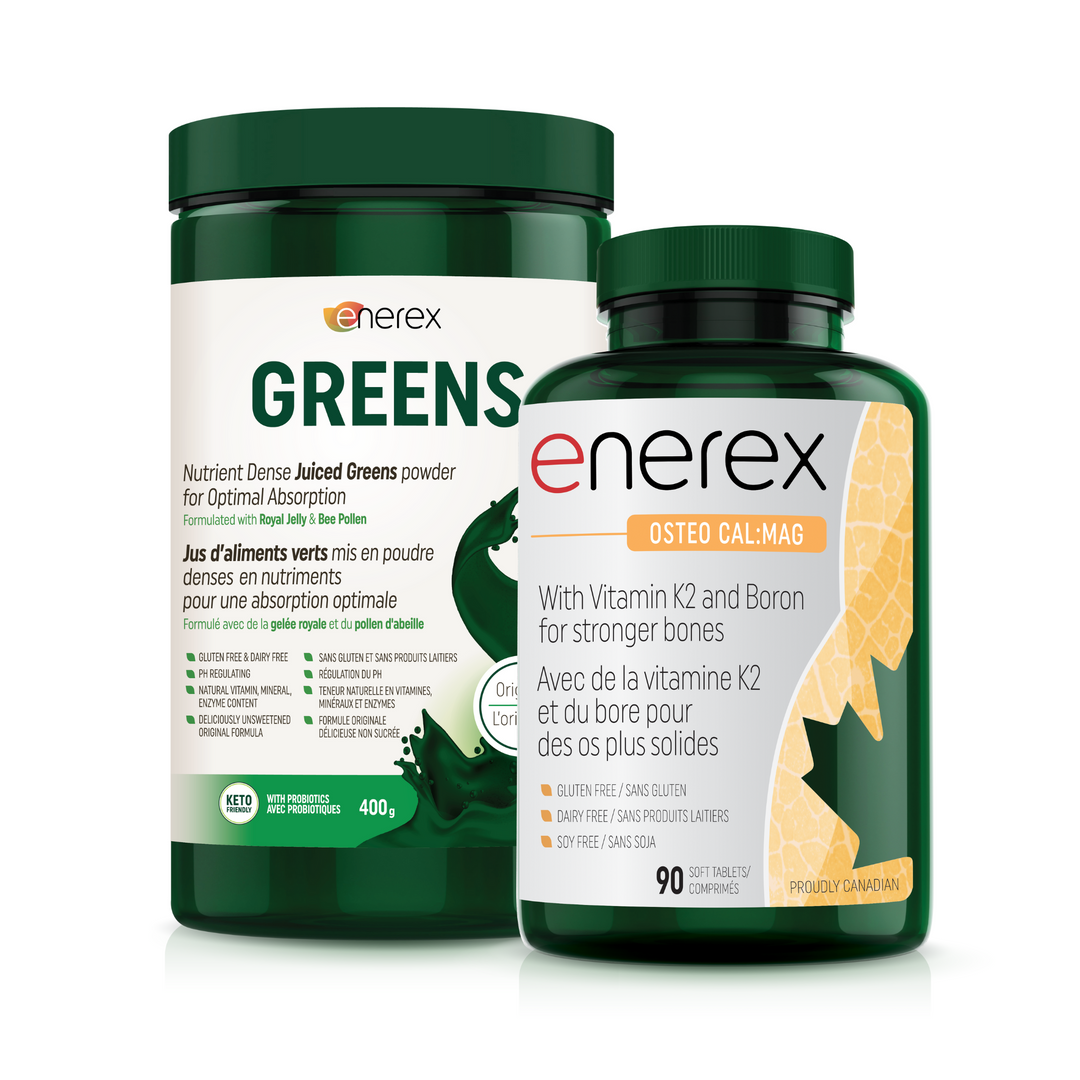
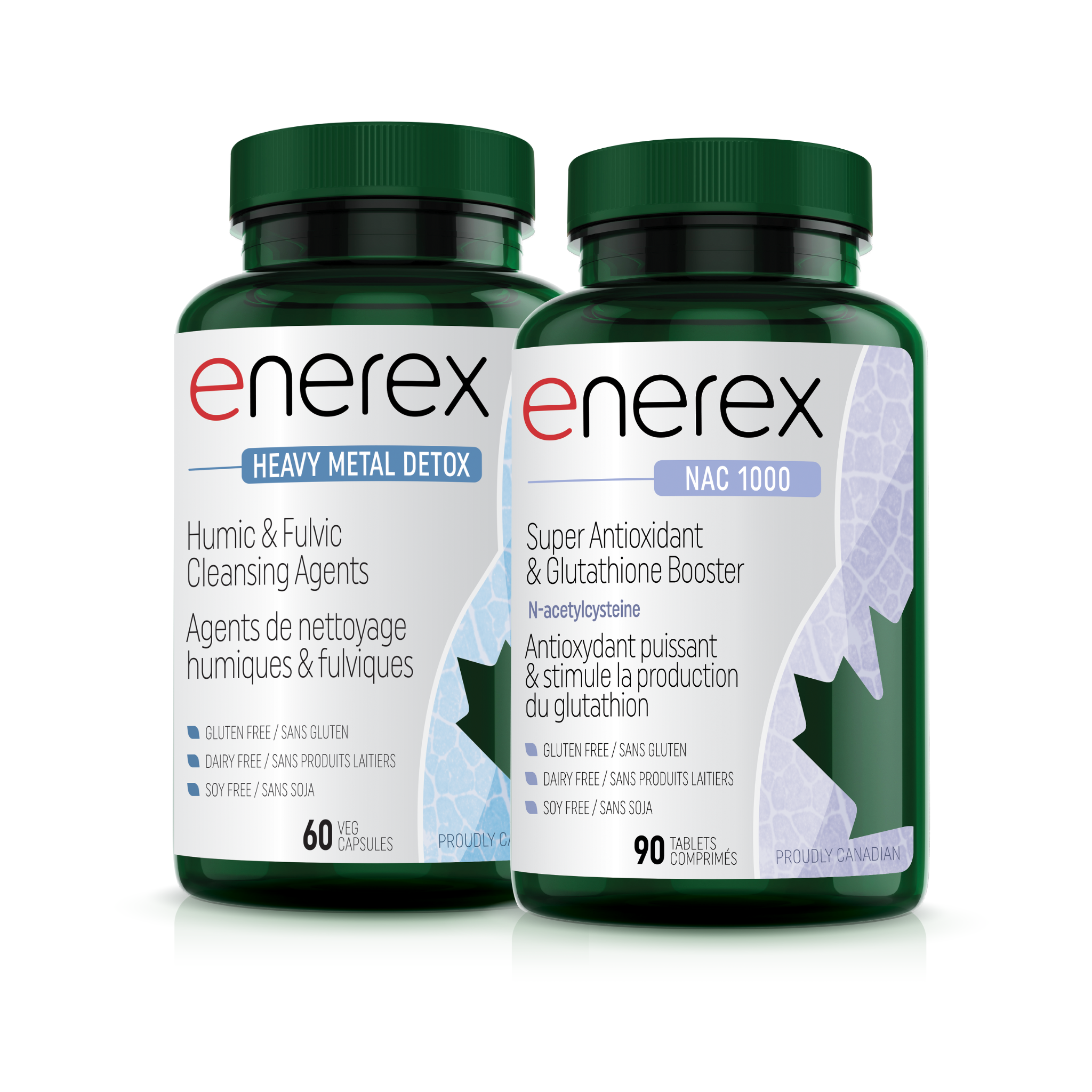
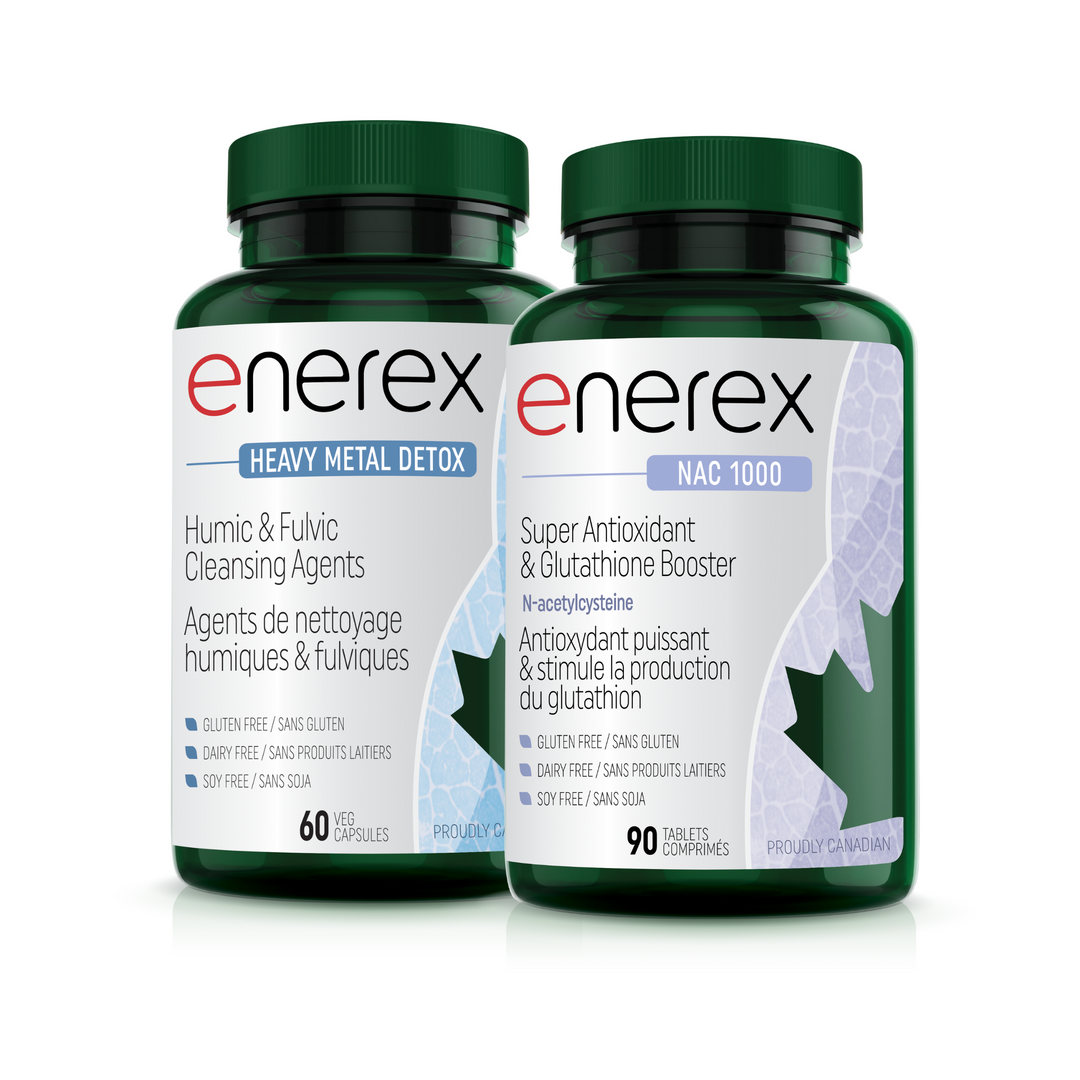
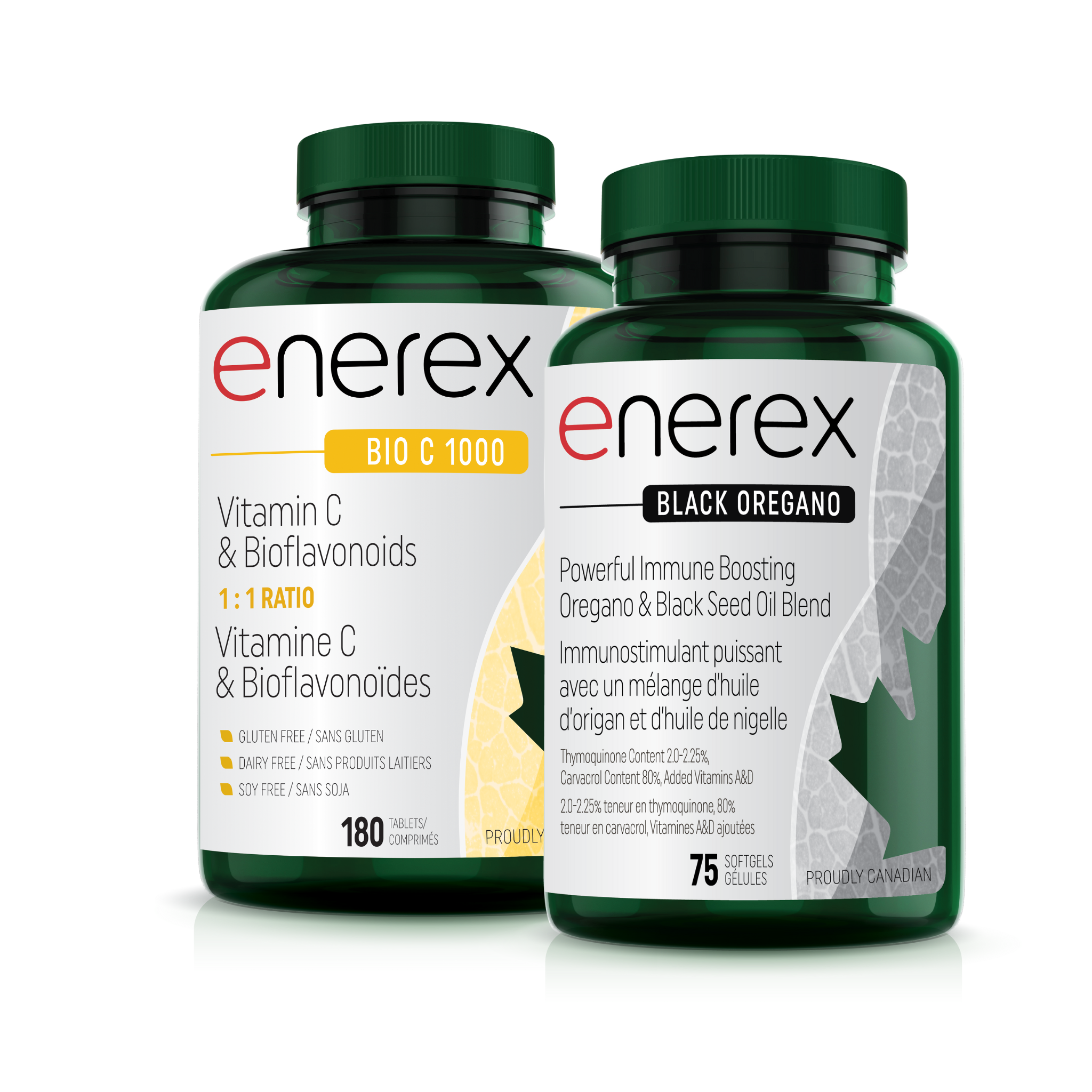
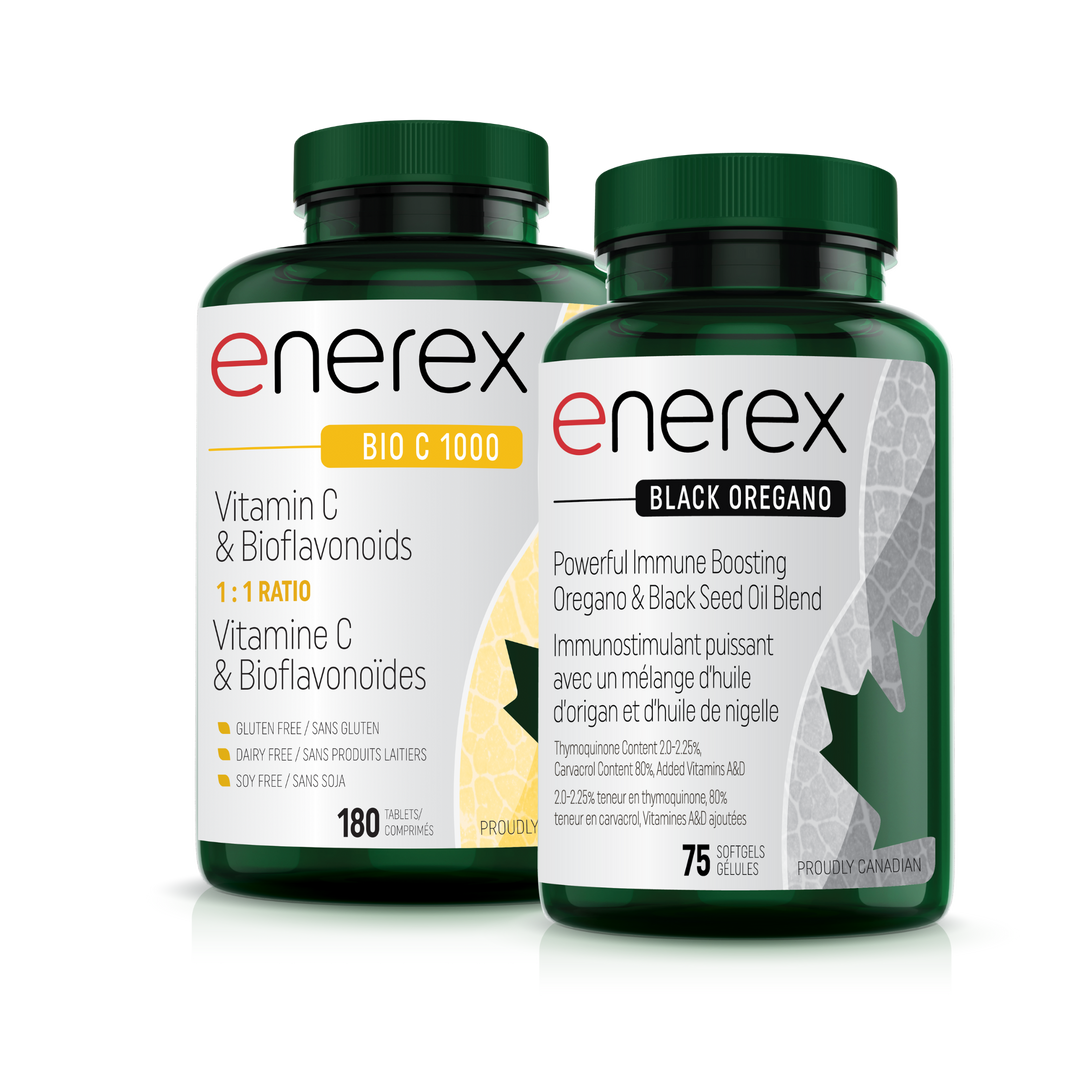
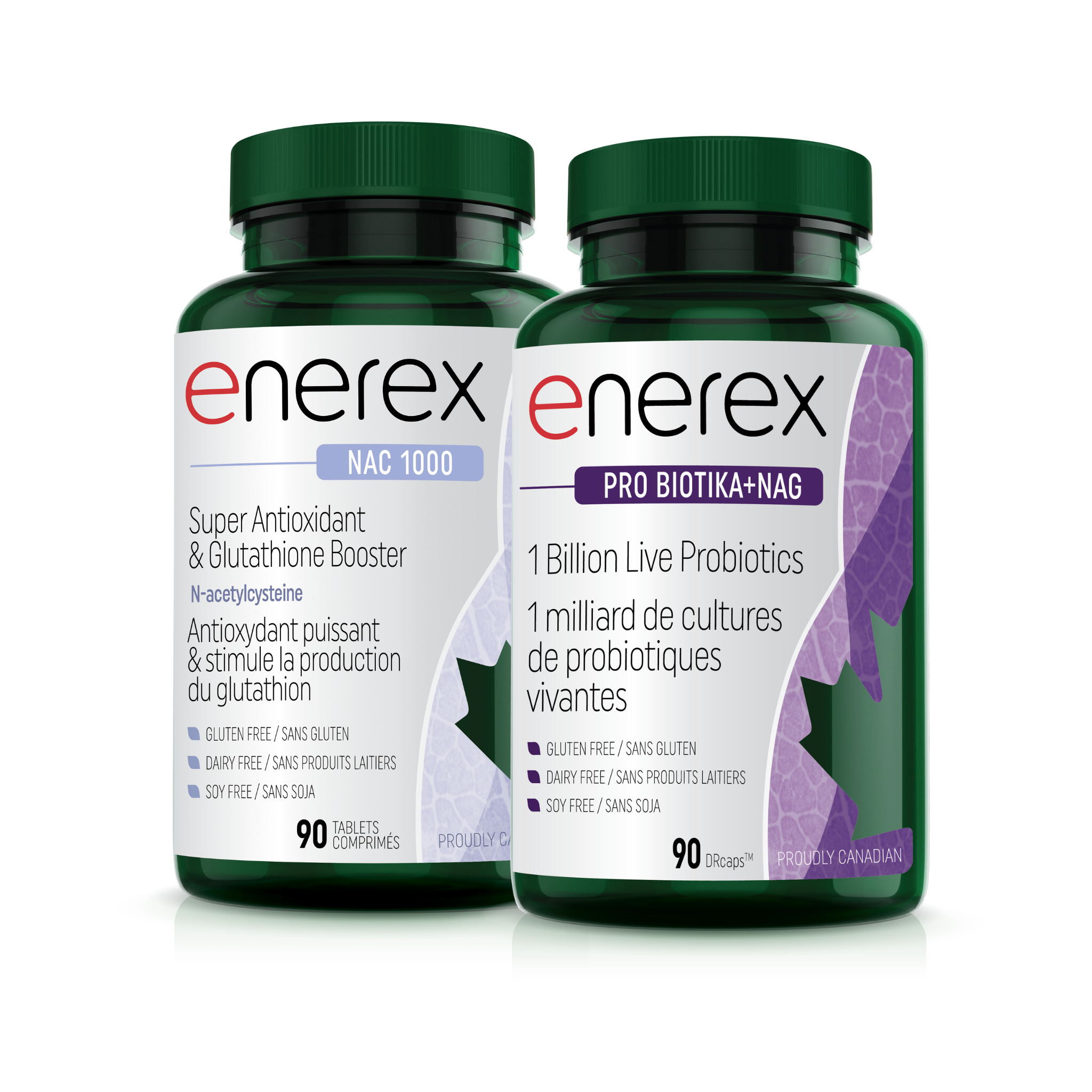
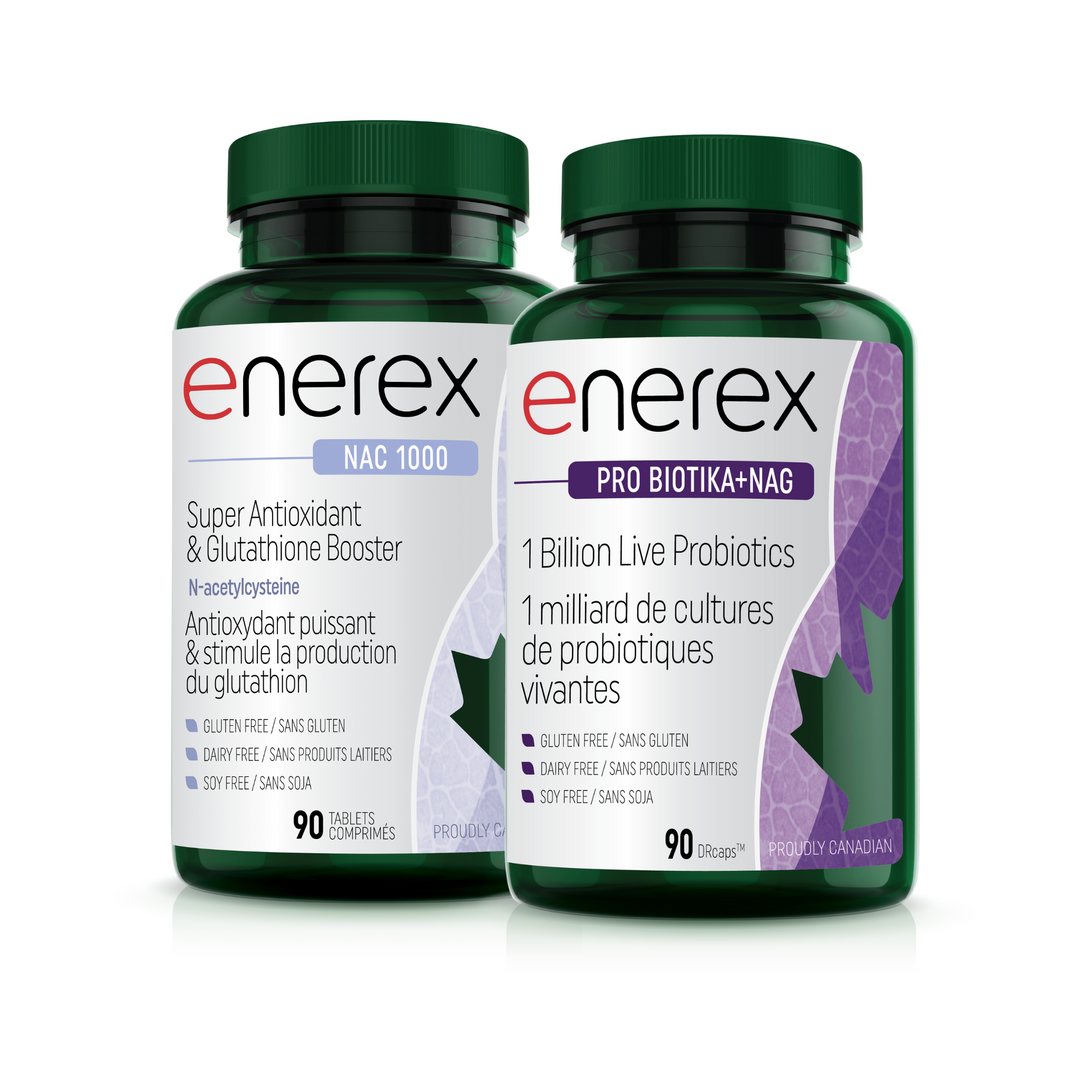
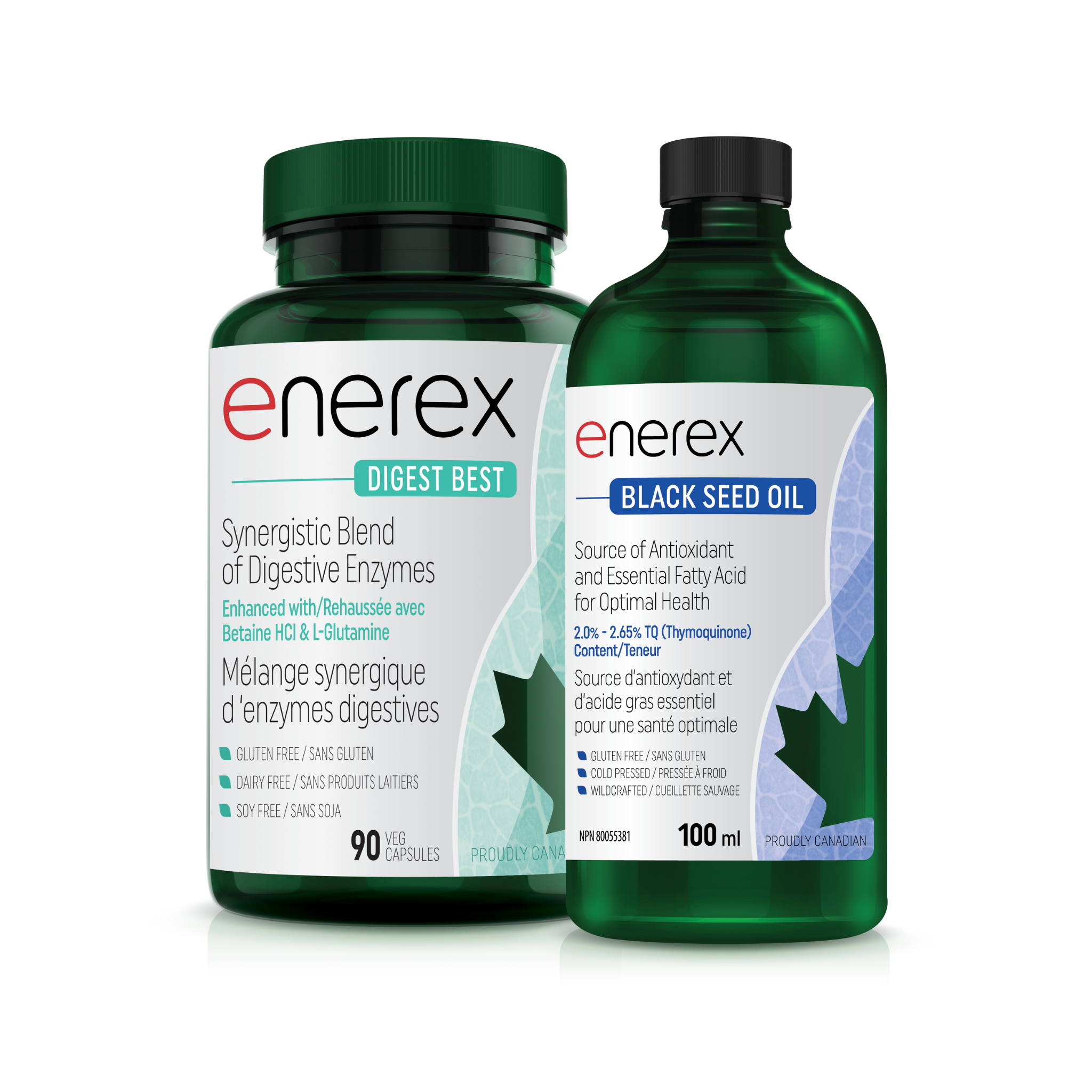
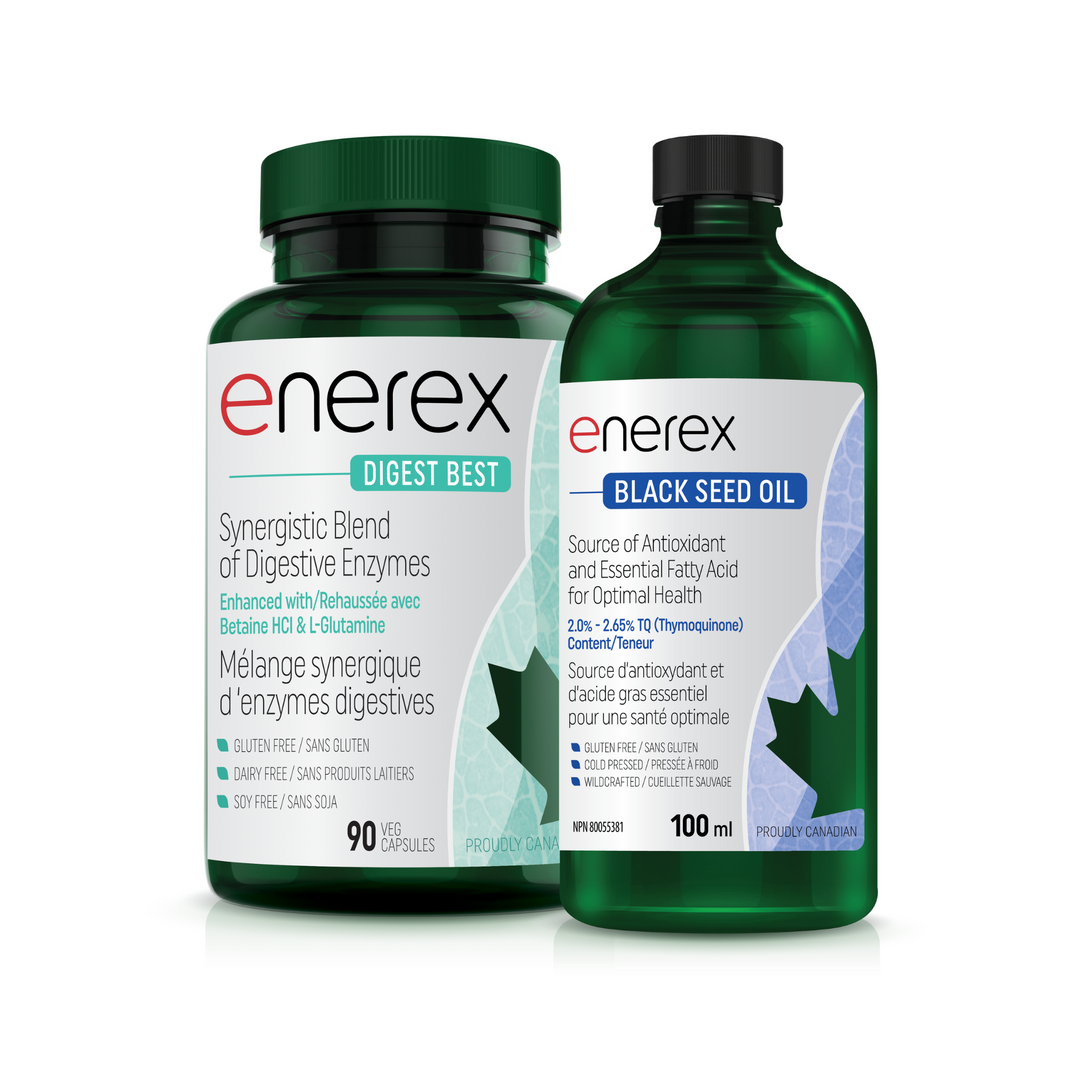
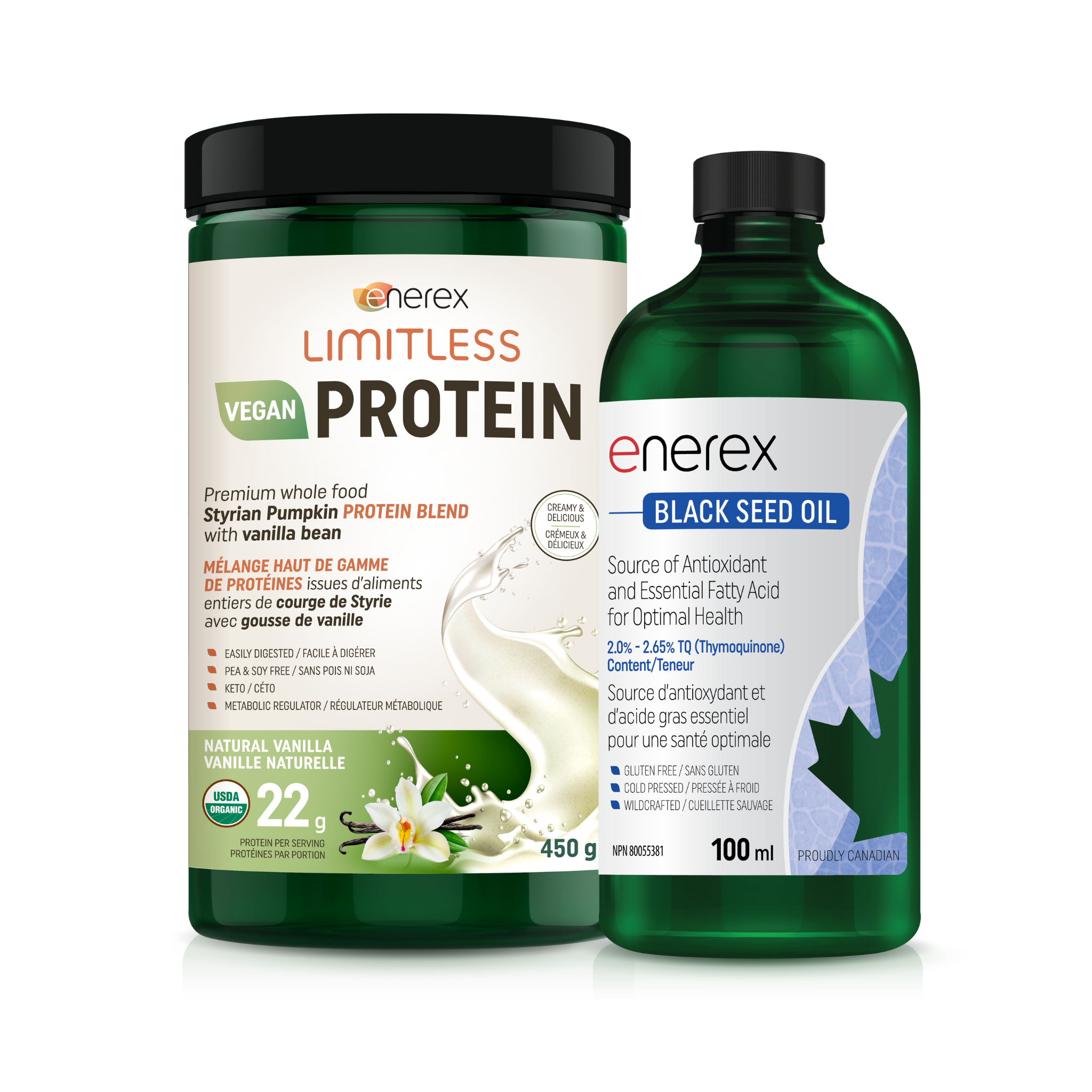
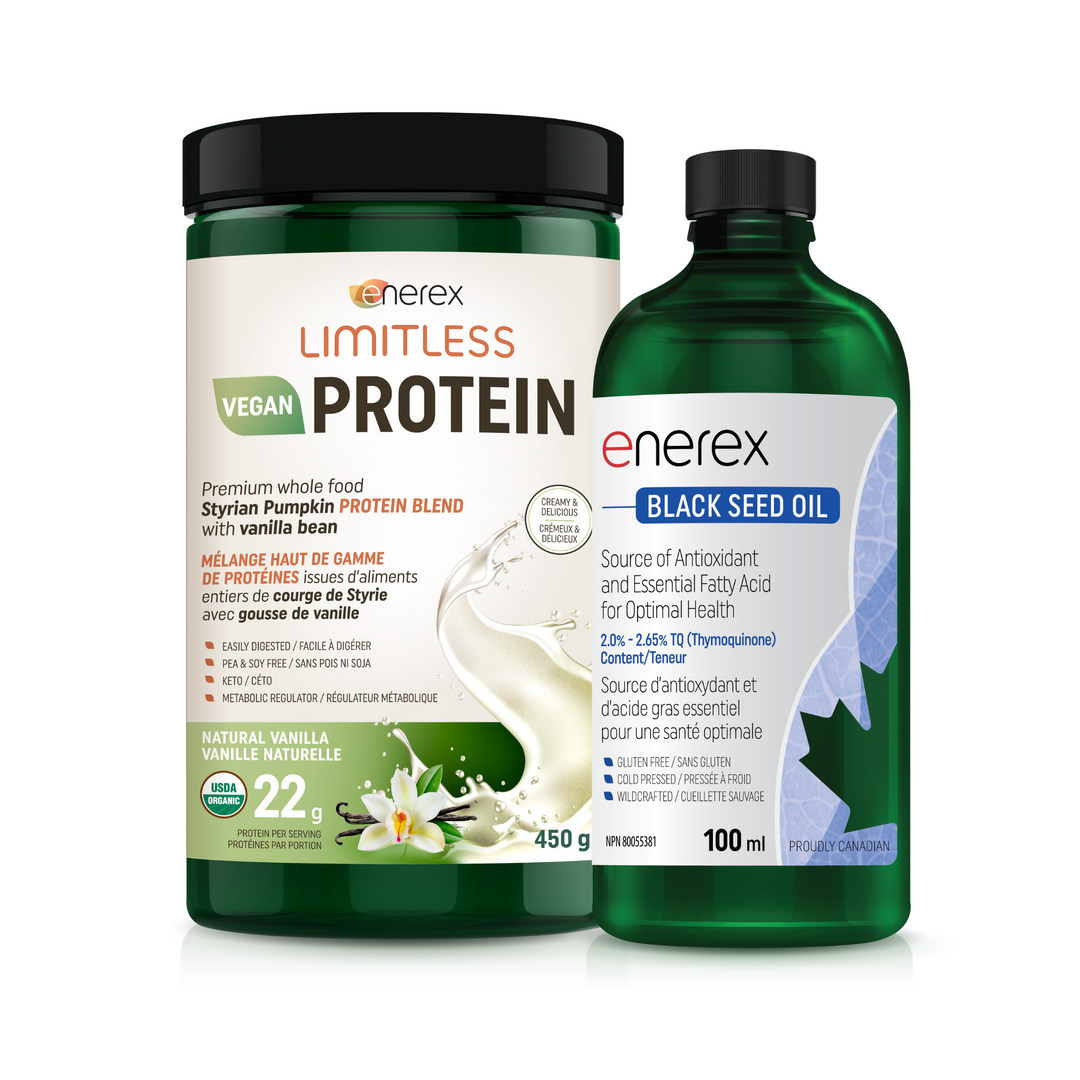
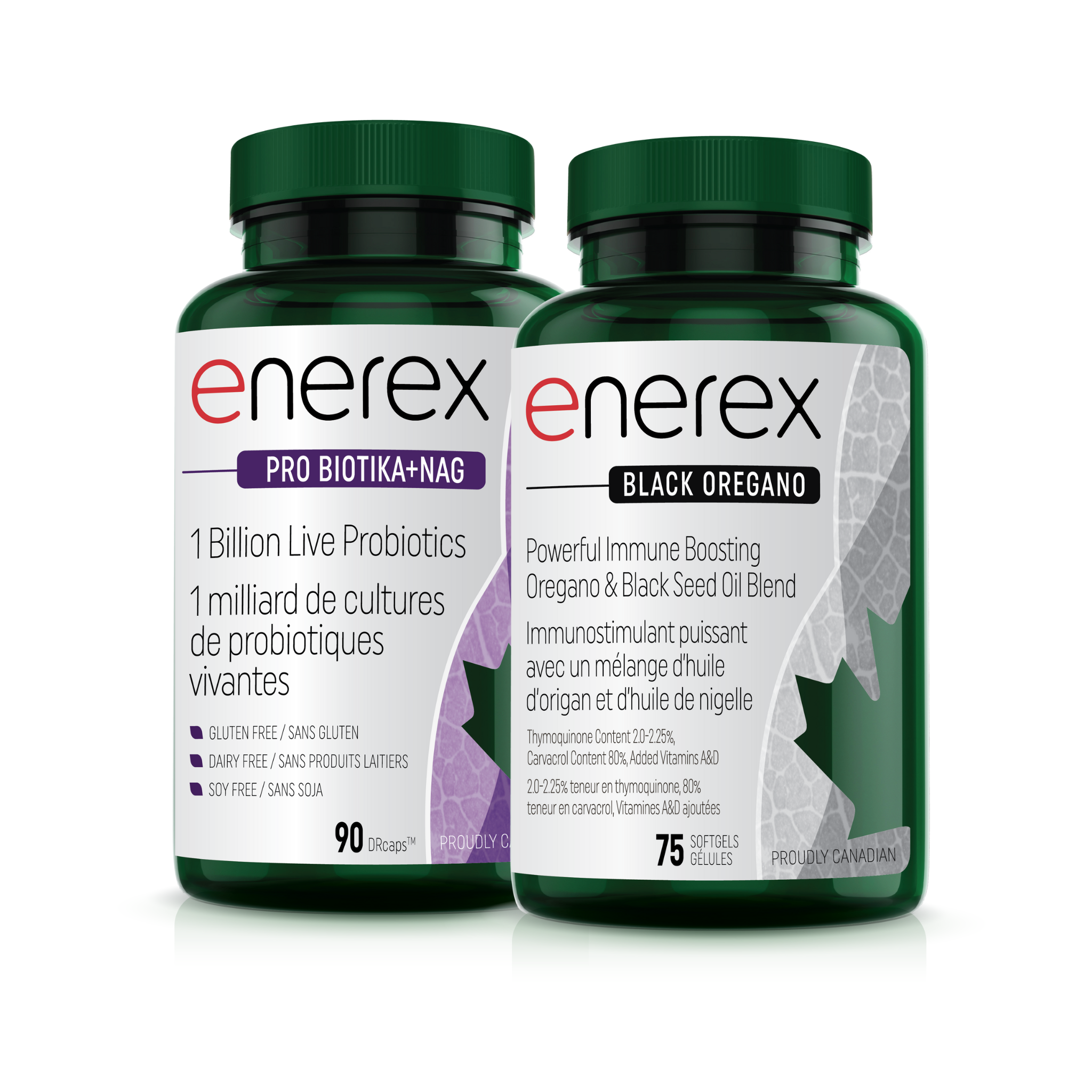
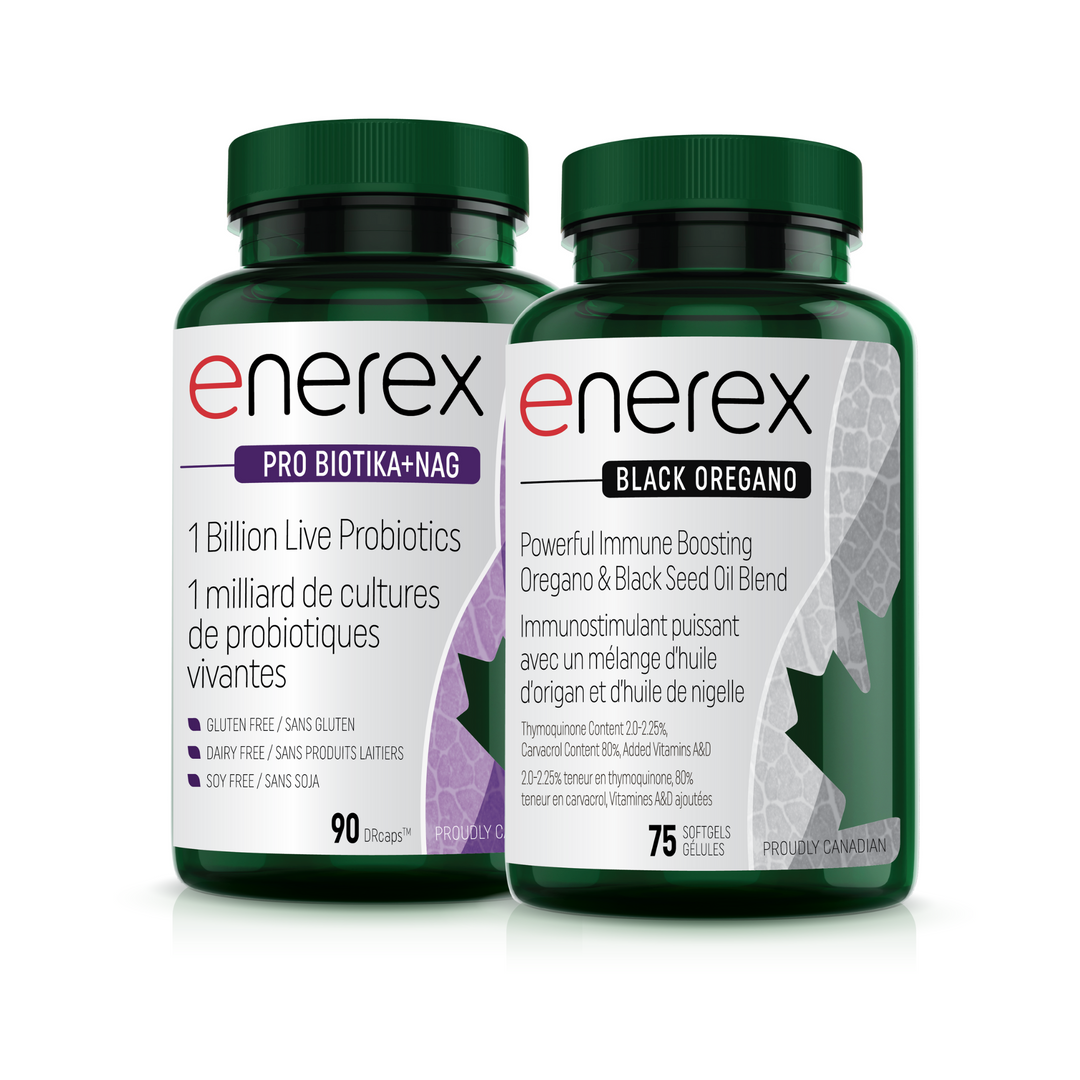
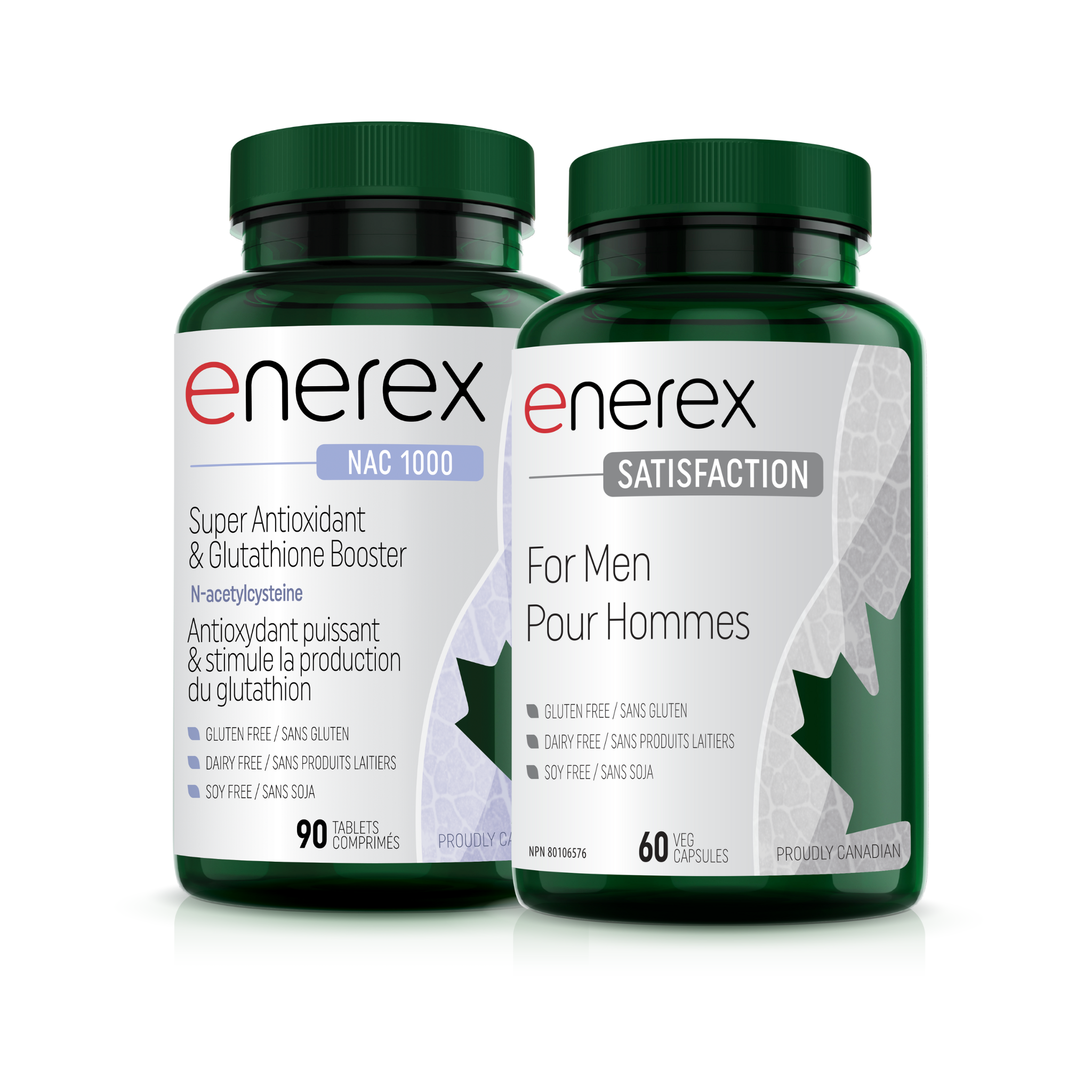
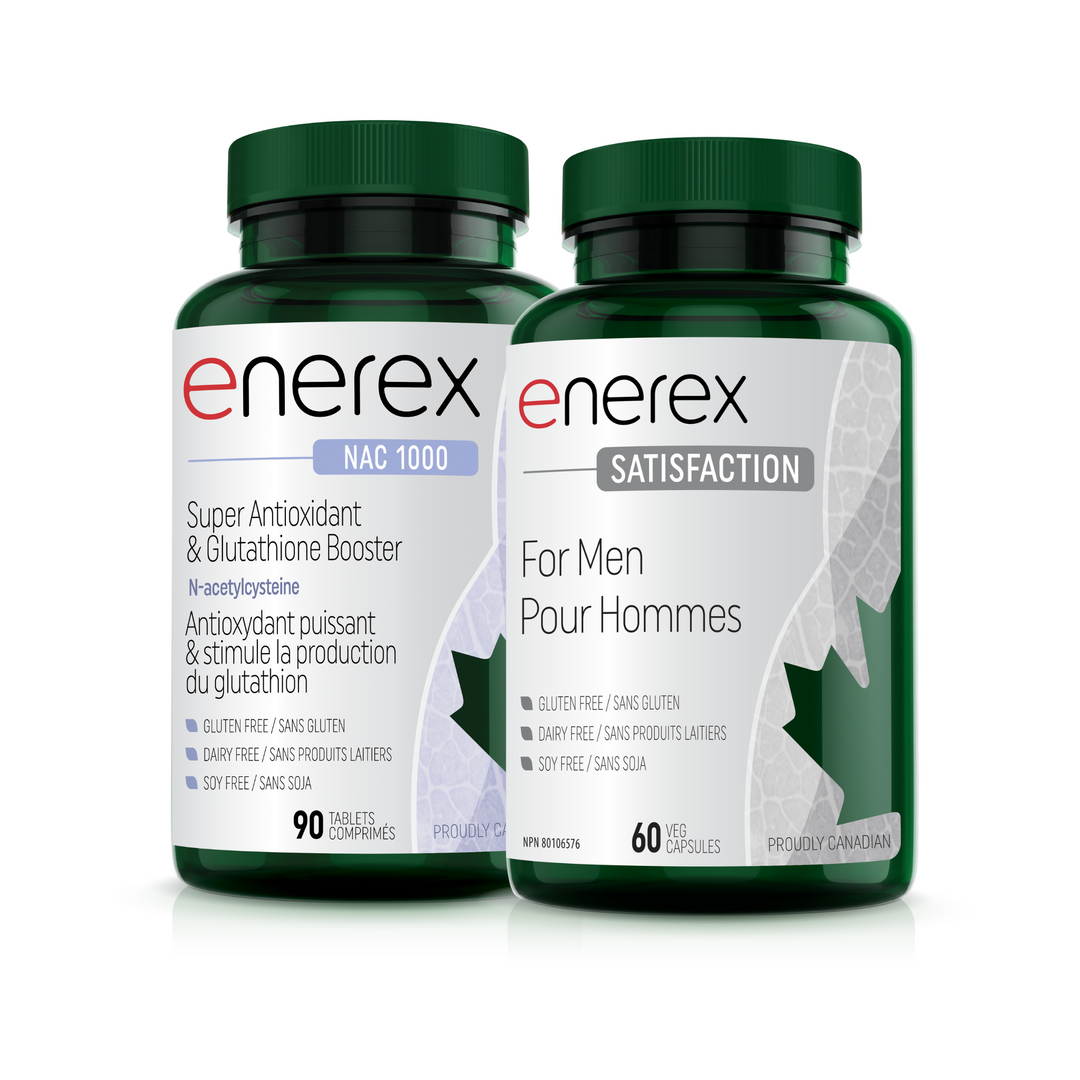
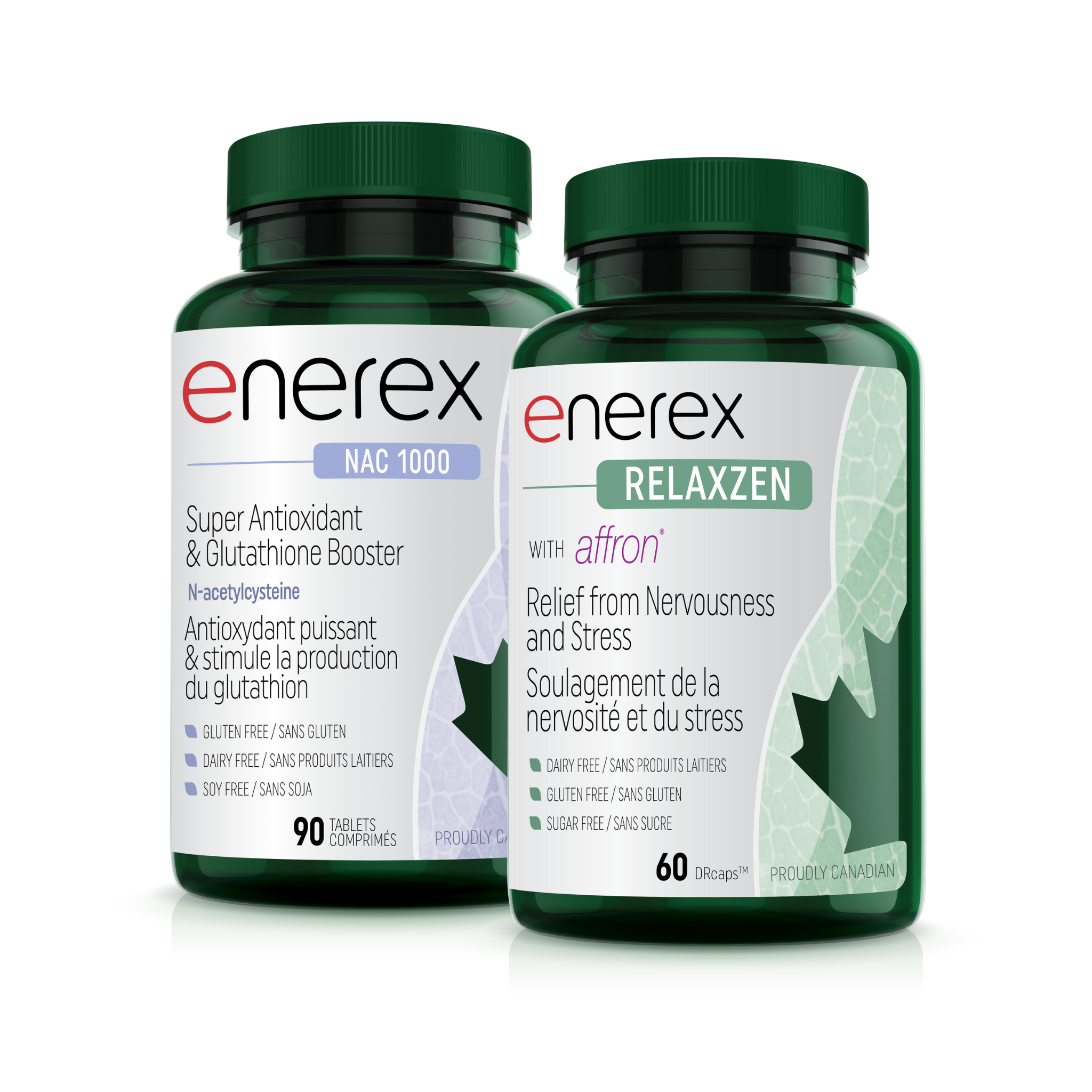
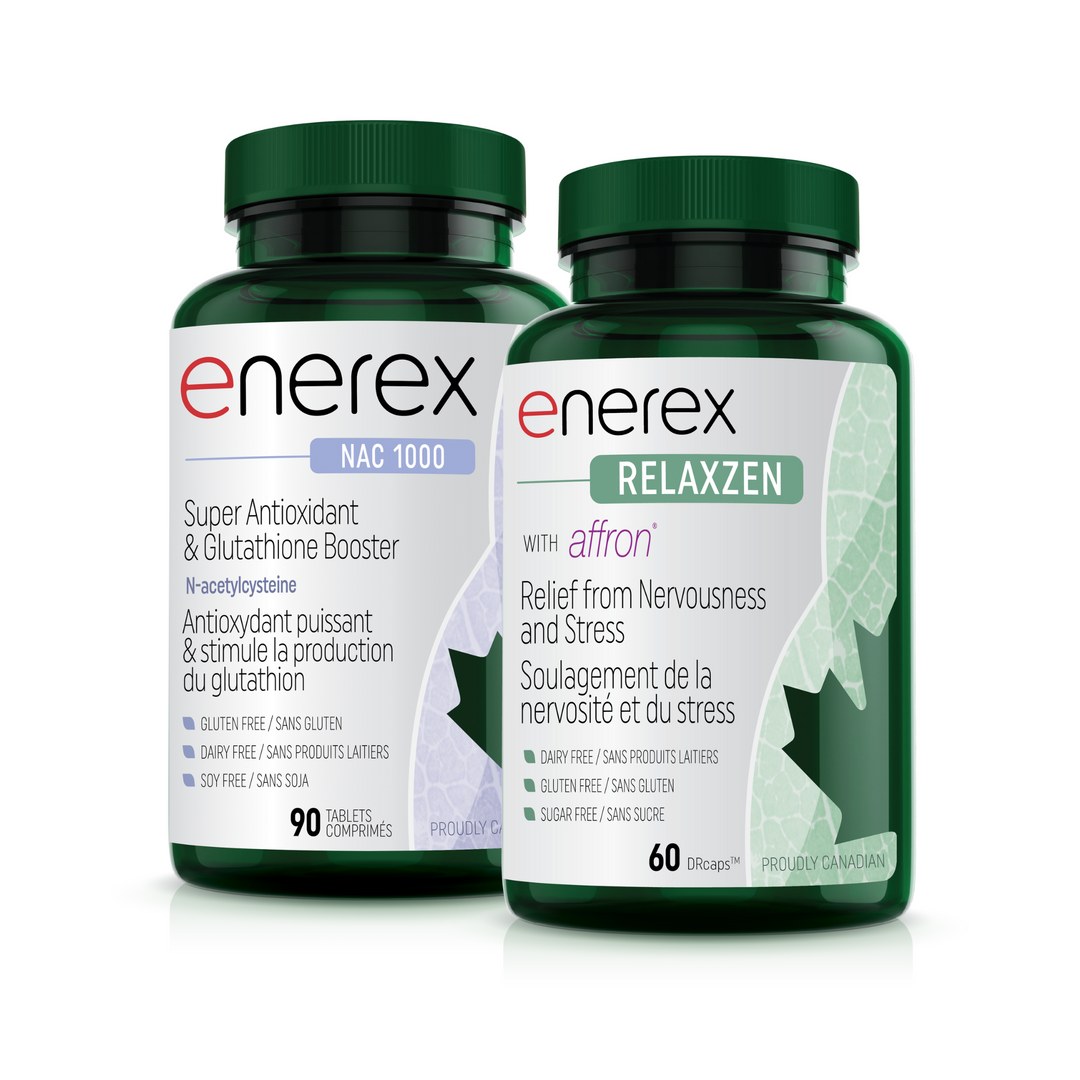
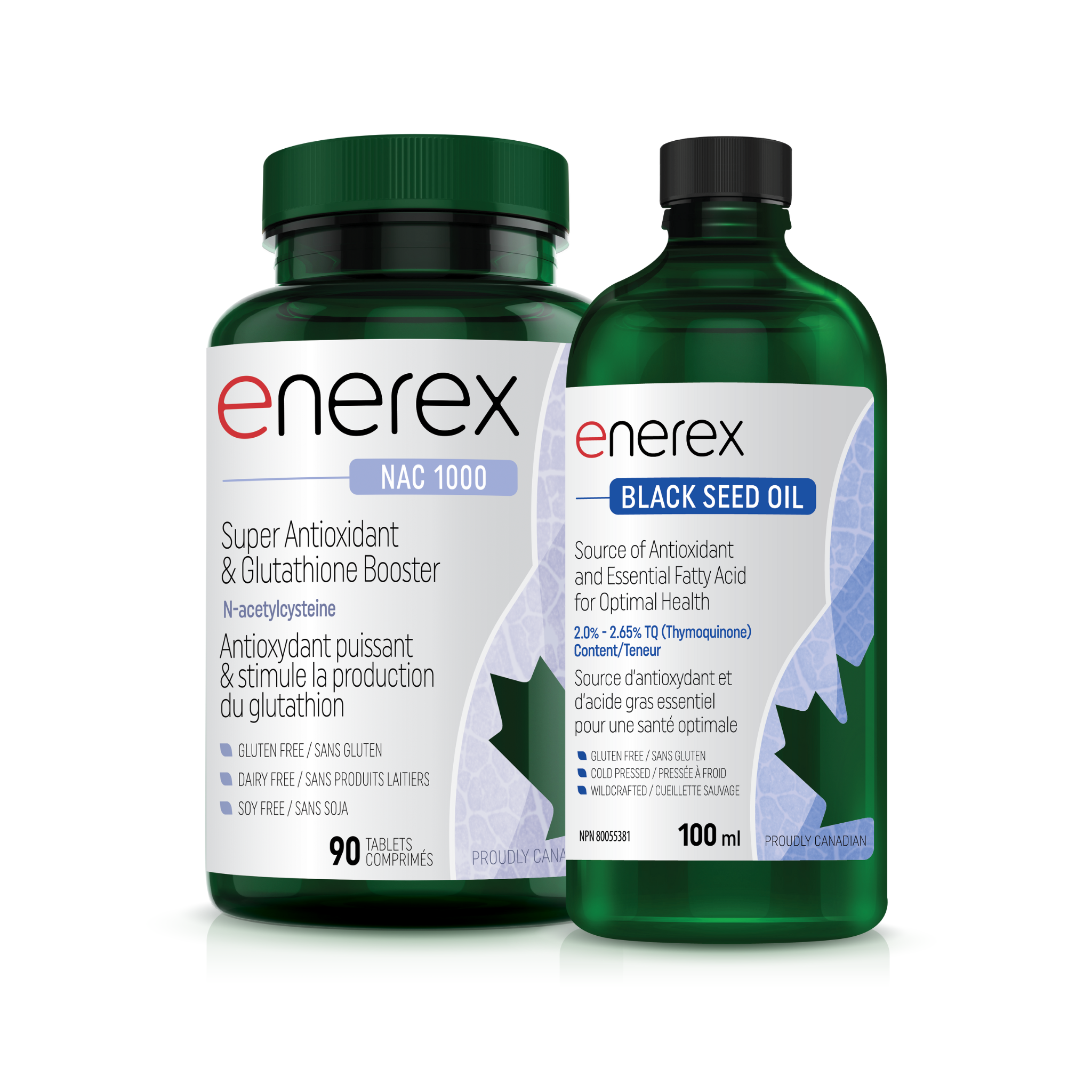
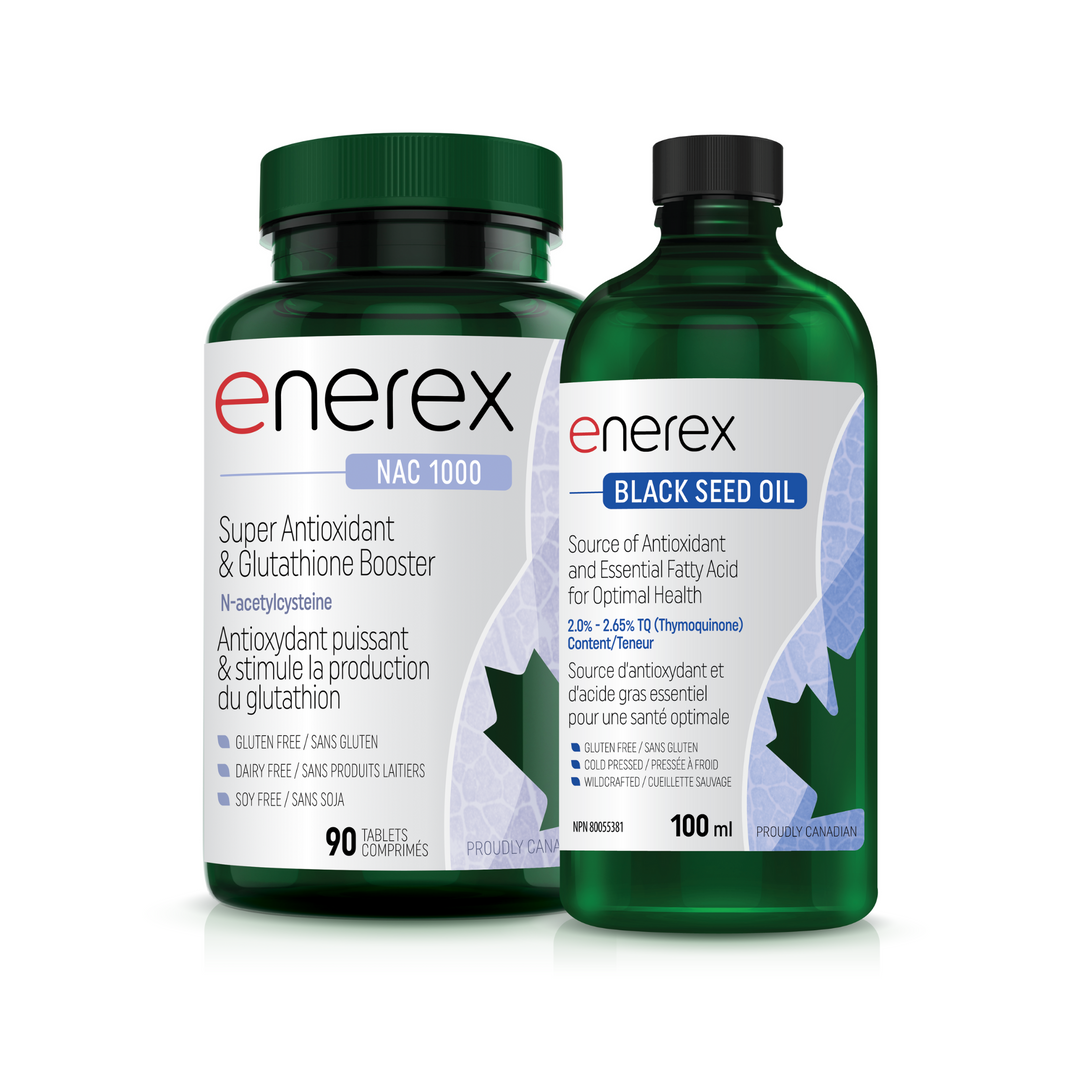
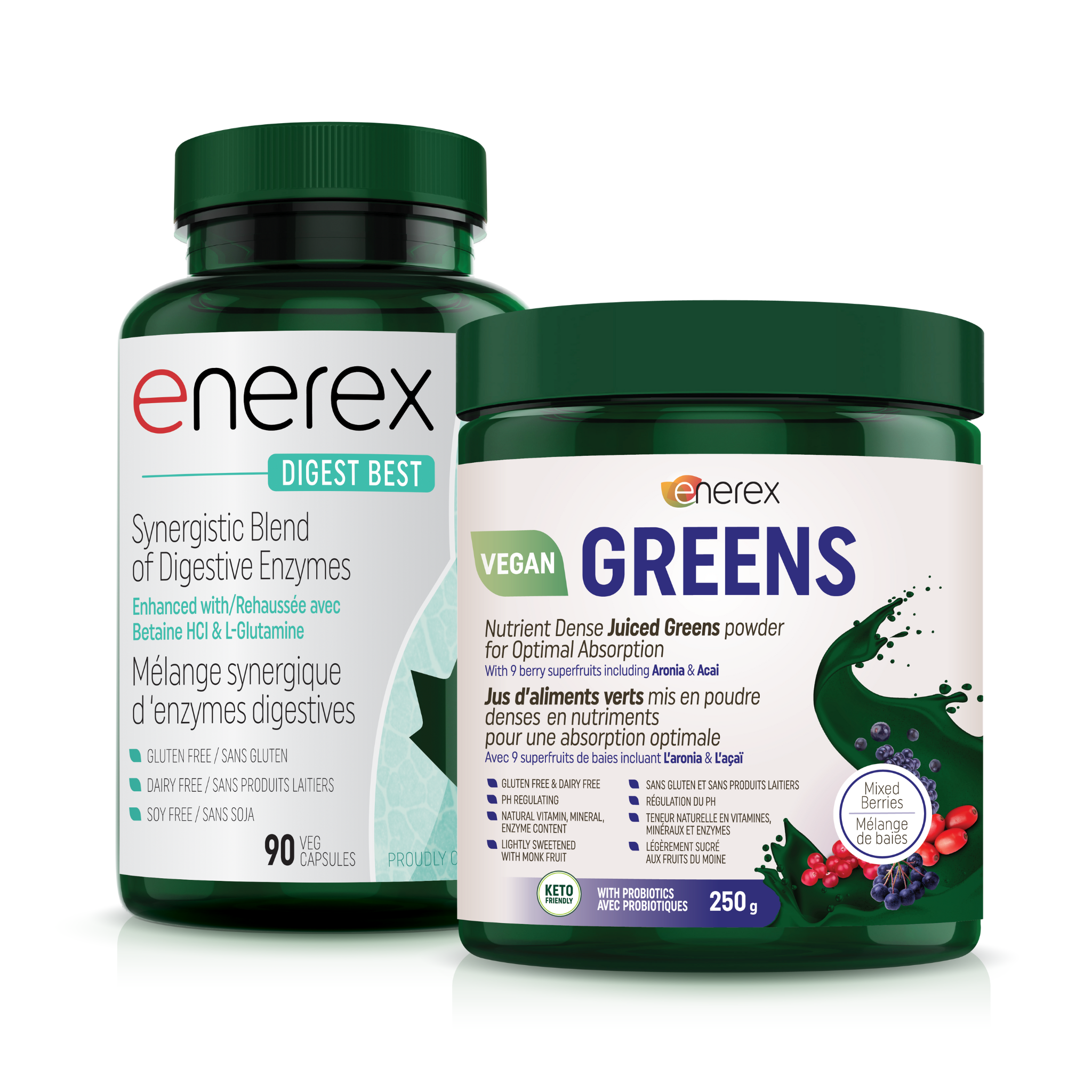
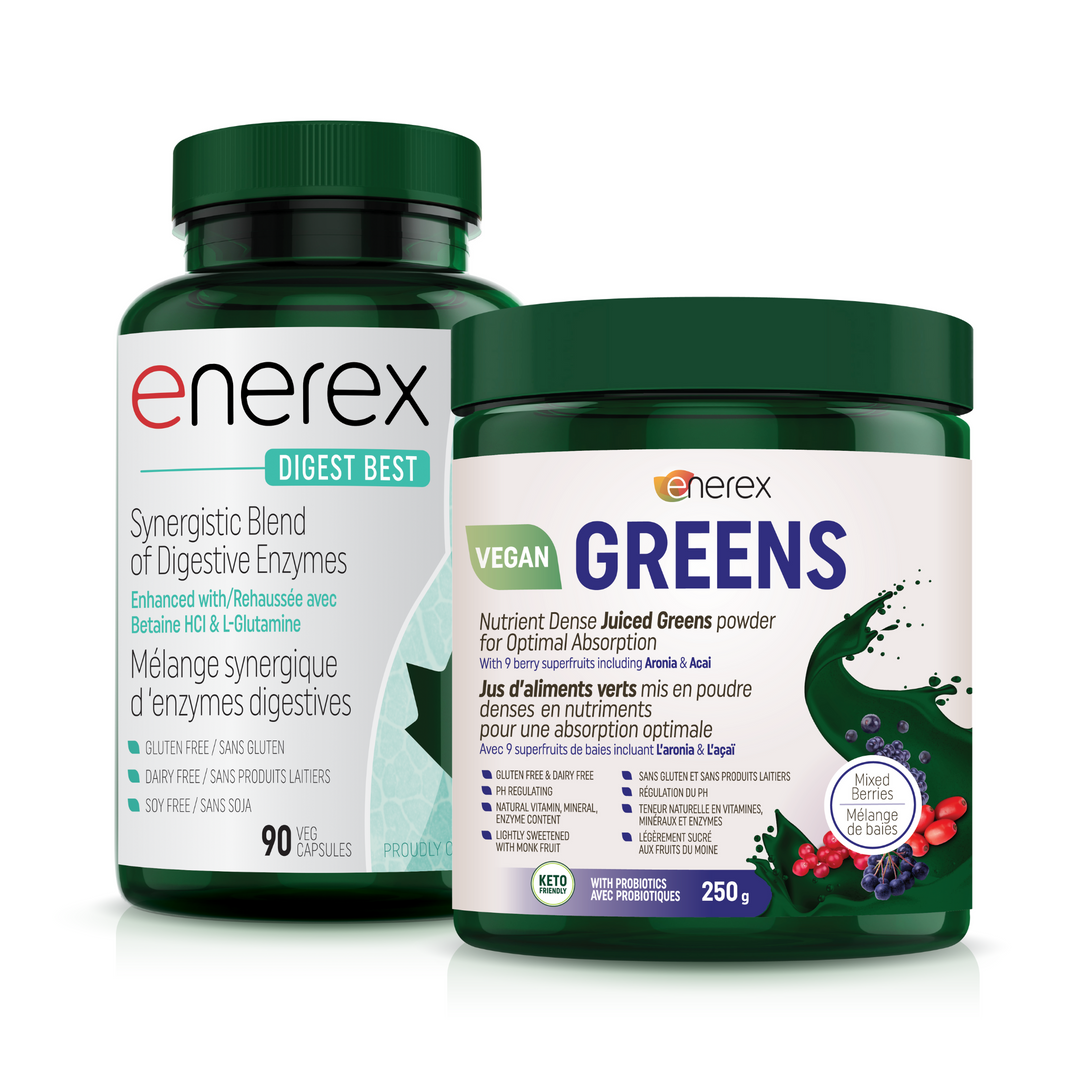
Leave a comment